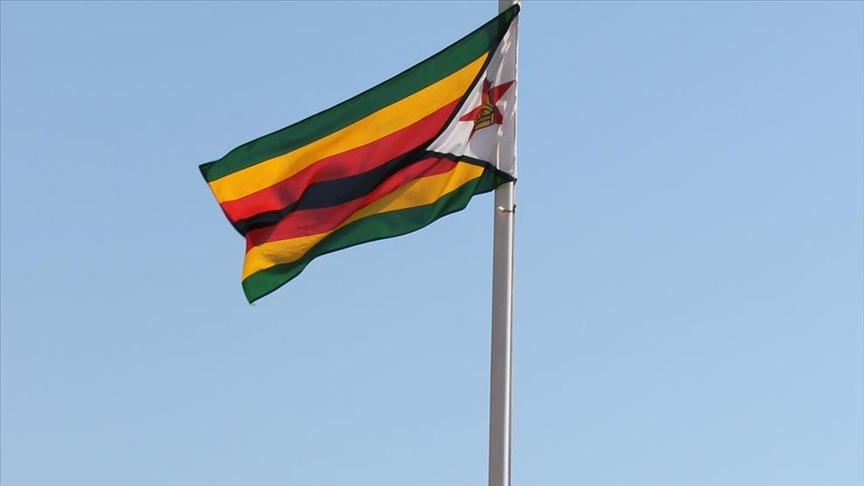HARARE, Zimbabwe
A cross-section of people in Zimbabwe say that rising levels of poverty, lack of freedom, and human rights issues have cast a shadow on the 41st Independence Day celebrations being observed on Saturday.
Zimbabwe gained its independence from British colonial rule on April 18, 1980, ending 90 years of settler rule.
Speaking to Anadolu Agency, Nkululeko Maseko, 73, a former police officer under the Rhodesian government now living in capital Harare’s Highfields low-income suburb, said his incomes have continued to fall over the years.
“I wish if I could turn back the hands of time,” he said.
According to World Bank statistics, extreme poverty increased in Zimbabwe to 34% in 2019, from 29% in 2018 due to economic contraction.
“I see nothing in this country’s independence celebrations. I have no job and my children and wife are no more and the tenants I have at my house here are not reliable because they are also suffering,” said Maseko.
Elvis Mugari, a human rights activist, said while the country had gained independence, there was no freedom available to its citizens.
“We gained more oppression after Independence. With the brutalization of ordinary citizens and political activists continuing after the country gained independence, the celebrations have lost relevance, because people surely can’t celebrate their oppression,” said Mugari.
Taurai Kandishaya, a member of the ruling Zimbabwe African National Union-Patriotic Front (ZANU–PF), however, said the independence brought relief to people by liberating them from White subjugation.
“Whites were stinking, heartless, inhuman, and barbaric. I remind the people who castigate Independence Day that the freedom of speech they are exercising now is a product of the very day. To those who prioritize the price of bread over independence, I have nothing to say. Happy Independence Day Zimbabwe,” he said.
– Country lost direction
Rashweat Mukundu, advisor at the International Media Support said the country lost direction after gaining independence as socio-economic development and human rights have been pushed back by the ruling party.
Recalling that during the colonial era, Black people used to get kidnapped, harassed, and assassinated on flimsy grounds by the Rhodesian regime. But now the Black people in the ZANU-PF government are killing and shooting their people.
“Many people are fed up with the government because in many respects it is not different from the white minority government except the skin color or rulers,” he said.
Owen Dhliwayo, a known civil society activist in Zimbabwe, said he has stopped celebrating Independence Day.
“Most of the laws that have been passed here only serve the interests of the political elites. The majority of the people continue to wallow in poverty whilst the political elites become more wealthy,” he said.
Ernst Mudzengi, director of Media Center Zimbabwe, said the celebrations have not turned into euphoria in the country as independence has translated into granting socio-economic, cultural, and civic rights to people.
“Our Independence Day is a reminder that our country may be independent, but the nation has no freedom. It is not yet Uhuru,” said Obey Sithole, chairman of Zimbabwe’s opposition Movement for Democratic Change Alliance Youth Assembly. Uhuru is a Swahili word meaning freedom.



